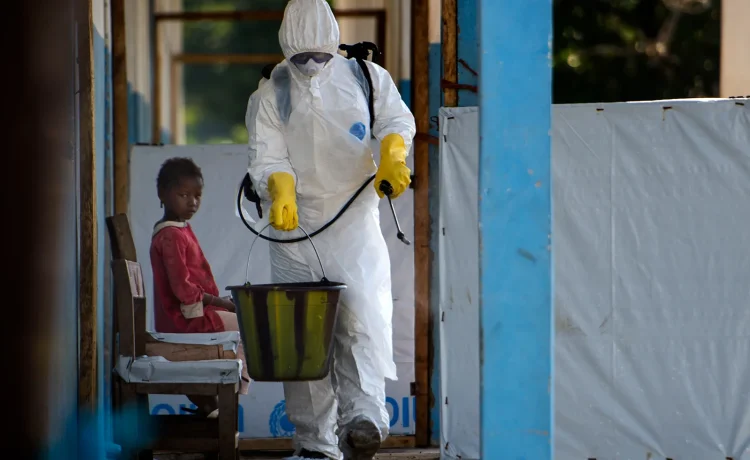juteralabs.com – Sierra Leone, a country in West Africa, experienced a brutal civil war from 1991 to 2002. The conflict devastated the country’s infrastructure, economy, and social fabric. Post-war reconstruction efforts have been extensive, involving both internal and external actors. This article explores the challenges and successes of Sierra Leone’s post-war reconstruction, focusing on key areas such as governance, economic development, and social recovery.
Governance and Decentralization
One of the critical aspects of Sierra Leone’s post-war reconstruction has been the decentralization of governance. The country has been cited as a positive example of how decentralization can contribute to post-conflict reconstruction. By empowering local communities and traditional leaders, such as Paramount Chiefs, the government has been able to foster a sense of ownership and participation in the reconstruction process.
Economic Development
Economic development has been a cornerstone of Sierra Leone’s post-war reconstruction. The country’s rich natural resources, particularly diamonds, have played a significant role in its economic recovery. However, the reliance on diamond exports has also posed challenges, as it has led to issues of corruption and mismanagement of funds. Foreign aid has been crucial in supporting economic development, but the uncertain prospects of sustaining this aid have created additional challenges.
Social Recovery
The social fabric of Sierra Leone was severely damaged during the war, with widespread displacement, loss of life, and trauma. Post-war reconstruction has focused on rebuilding communities and addressing the needs of war-affected populations. This includes efforts to reintegrate former combatants, provide psychosocial support, and rebuild social infrastructure such as schools and healthcare facilities.
Role of Women in Reconstruction
Women have played a significant role in Sierra Leone’s post-war reconstruction. The involvement of women chiefs has been particularly noteworthy, as they have been instrumental in mediating conflicts, promoting peace, and supporting community development. Their participation has helped to address gender disparities and promote inclusive governance.
Education and Transformation
The post-war government of Sierra Leone has made significant efforts to transform the education system, which was severely affected by the war. The focus has been on rebuilding schools, training teachers, and ensuring access to education for all children, with particular emphasis on addressing gender disparities. These efforts aim to build a more educated and resilient society.
Conclusion
Sierra Leone’s post-war reconstruction has been a complex and multifaceted process, involving various stakeholders and addressing a wide range of challenges. While significant progress has been made in governance, economic development, and social recovery, ongoing efforts are needed to ensure sustainable peace and development. The involvement of local communities, particularly women, has been crucial in this process, highlighting the importance of inclusive and participatory approaches to reconstruction.

